Pope Francis’ opening address to the Italian Bishops Conference’s general assembly showed the spirit of the real Pope Francis. The Pope condensed his views about the Church into two pages of text that he personally wrote. His view is of a non-clerical Church, capable of educating lay people, with priests and bishops who act as shepherds, not managers. He always says the same things, but it is significant that he stated this in front of the Italian Bishops, thought to be a particular target of his. And the way the assembly carried on afterwards perhaps reveals who Pope Francis’ real enemies are. In the end it is but one enemy: ecclesiastical careerism.
To be clear, careerism is not a problem exclusive to Pope Francis’ pontificate. Benedict XVI addressed the issue in one of his first his first ordination of priests as Pope and returned to it many times. In 2009 he spoke about careerism in the homily for a Mass of consecration of five new bishops, among them the current Secretary of State, Cardinal Pietro Parolin. Even John Paul II had to cope with careerist trends, as did Paul VI, and as John Paul I would have done had he lived long enough.
Nevertheless, it is remarkable that careerism from two different groups flourishes right under the gaze of Pope Francis, who from the start claimed he wanted to move the Church beyond it – as his two consistories for the creation of cardinals may show. One group consists in those prelates who had influence prior to the pontificate of Benedict XVI, but who then felt marginalized by him. The second is found in those who are directly linked to Pope Francis’ new course, but who are unable to see that his course has changed somewhat over the past couple of years.
Remarkably, these two groups of careerists are somewhat connected. The Pope who came “from the end of the world” was not particularly confident in the Roman Curia, and was informed about it by some of his closest collaborators – men like Msgr. Fabian Pedacchio, who serves both in the Congregation for Bishops and as the Pope’s private secretary – and from newspapers. He also trusted some of the old curial hands, many of whom, as Vatican diplomats, were marginalized under Benedict XVI because his pontificate was founded on the notions of truth and communion. This is the reason that at the beginning of Francis’ pontificate diplomats had huge influence. The old Curia of John Paul II, led by the powerful Cardinal Angelo Sodano, became influential once again, a fact signaled by the appointment of Beniamino Stella, a former nuncio, as Prefect of the Congregation for the Clergy; the very quick rise of Cardinal Lorenzo Baldisseri, another former nuncio, who was supposed to end his career as Secretary of the Congregation of Bishops, but who suddenly was named General Secretary of the Synod of Bishops; and the old-school diplomat Pietro Parolin, who was picked as Secretary of State.
In the end many of Pope Francis’ electors had also served as diplomats. But beyond these old curial hands was the new world, prelates who under Pope Francis experienced an unexpected rise in their fortunes. Two examples: Cardinal Oscar Andrés Rodriguez Maradiaga, marginalized under Pope Benedict XVI following the unfortunate Caritas Internationalis episode, took center stage again; and Cardinal Walter Kasper, who pushed a theological line no longer in vogue, made a successful comeback by promoting his ideas on mercy. Beyond these two examples, there are many who climbed onto the band wagon of the “papal revolution”, trying to prove that the Pope not only endorsed changes promoted by others, but he was responsible for them.
There were moments when the media papacy and the real papacy seemed to coincide. But it was never really so. In the end, Pope Francis’ real spirit may be summarized in one sentence he loves to repeat: “hacer lío,” make noise. He made noise by establishing a Council of Cardinals and a sort of parallel Curia, and by hiring a series of expensive external consultants. He then made further noise by giving the center stage of the Synod to Cardinal Kasper, who 30 years earlier had made the possibility for the divorced and civilly remarried to receive communion one of his favorite theological themes.
It was commonly thought that if the Pope called Cardinal Kasper to address the Extraordinary Consistory of Cardinals on the family, and then appointed him as papal delegate to the subsequent Synod last October, that he backs Cardinal Kasper’s line. But the real spirit of that invitation can be traced to one of the reflections that the Pope offered to the Italian Bishops – global reflections. Addressing the issue of a lack of collegiality, the Pope said that “what is missing is the habit of verifying the reception of programs and the way that projects are put into effect. For example, conventions and events are organized with the usual voices heard on stage, voices that anaesthetize the community, thereby homogenizing choices, opinions and people, instead of carrying us toward the horizons where the Spirit asks us to reach out.”
These words are probably the proper lense for interpreting some of Pope Francis’ most controversial choices. He wants to go beyond the usual voices – as he calls them – and set up a new round- table discussion. This does not mean the Pope will necessarily change the Church’s doctrine. It means that he wants a different approach, that he wants to foster a discussion. Much of the narrative of this pontificate is based on Pope Francis’ statement, “hacer lío”.
After his address to Italian Bishops, the Pope met them in a closed door question-and-answer session. There are no official statements concerning what was said, but some of the bishops have recounted certain moments. During the meeting, one bishop reportedly told Pope Francis that he really appreciated his language because it was full of new openings, even on controversial issues like communion for the divorced and remarried, but that he found it difficult to explain to people what the Pope was really saying, as well as to priests who are in the trenches and must teach the Church’s doctrine. The Pope responded: “Tell your faithful that the Pope is in trenches as they are.” He then insisted that he is really not willing to change the doctrine, that he just wants to change the approach.
A change in approach, however, must involve the revolution of the heart that Pope Francis often mentions. For this kind of revolution, a certain vision is needed, and this vision is lacking. Adherence to the papal will is often just a way some people speak in order to get some advantage. One of the bishops noticed that in the discussion between the Italian bishops and Pope, “the wish of some bishops to mark a discontinuity [with Tradition] was clear, whereas the Church always seeks continuity; it updates its language, but without ruptures. But when some bishops speak to the Pope, they want to emphasize that everything is different now in order to push their own agenda, probably a holy and legitimate agenda, but always an agenda.”
This language is one of the outcomes of ecclesiastical careerism, Pope Francis’ number one enemy. Everybody praises the Pope, but almost all of them have their own agenda. There was an agenda behind Pope Francis’ election. Then, since Pope Francis adopted a style of government that seemed extemporaneous – mostly based on gestures, rather than on political vision – many sought to push their ideas. The Pope’s initial lack of interest in the Church’s official institutions gave every Vatican dicastery and every residential bishop an opportunity to try to get something.
The latest example is the appointment of Fr. Timothy Radcliffe, OP, as consultant to the Pontifical Council for Justice and Peace. A controversial thinker for his ideas on homosexuality, Fr. Radcliffe was tipped to be appointed the Number 2 official of that Pontifical Council (the post of Secretary is currently vacant) after he drafted the first comprehensive draft of the ecological encyclical. But the ongoing curial reform – the Pontifical Council for Justice and Peace will predictably be absorbed into a super Congregation called ‘Charity, Justice and Peace.’ – brought any appointment to a halt, including, possibly, that of Fr. Radcliffe. So, Justice and Peace suggested to Pope Francis that he appoint Fr. Radcliffe as a consultant, adding him to the 9 out of 13 new consultants appointed by Benedict XVI in 2012.
The Justice and Peace move is just another of the many noticeable strategic arrangements occurring in the wake of Pope Francis’ growing understanding the importance of curial institutions, albeit one in tension with his initial plan to make the Church less clerical.
The Church’s internal battle now has the precise configuration of two opposing teams. The battle is not about curial officials vs. residential bishops, or center vs. periphery. The struggle is between those who want to defend the institution, its doctrine, its existence, no matter who is Pope, while carrying on with a vision that may be reformed, but not breached; and, on the other side, those who are pursuing personal interests, whose agenda often takes advantage of the rupture signified by Pope Francis’ pontificate. These latter shield themselves with a presumed papal will in order to occupy small spaces of power. In one word, the battle is between “institutionalists” (that is, the Hidden Vatican) and “personalists” (self-promoters)
The fight for the next pontificate has already begun. Until now, the “institutionalists” do not seem to have found their candidate. The gang of personalists, on the other hand, is already divided between two names: Cardinal Luis Antonio Tagle, recently elected president of Caritas Internationalis, and Cardinal Pietro Parolin, Secretary of State. The two represent, respectively, the periphery and the center, with different nuances, but probably with the same program.
There is also an outsider, backed by certain media, in the person of Cardinal Robert Sarah, Prefect of the Congregation for the Divine Worship and the Discipline of Sacraments, Cardinal Sarah still has the courage to speak out loudly about the truth. Speaking May 20 at the John Paul II Pontifical Institute, he clearly highlighted the problems of the ongoing debate, which often touches the discussion over the Synod of Bishops.
“Today – Cardinal Sarah said – there is the impression that people speak as the wind blows. We must follow Christ, His Gospel. We all should follow Christ, as the general atmosphere today is so unsafe, with everyone holding his own opinion.” However, the ongoing discussion is biased because “many times, journalists set the Pope in opposition to the Curia, which is false. But people think that the Curia is opposed to the Pope, and that the Holy Father said he backs access to communion for the divorced, although this is only an interpretation of the Pope’s words.”
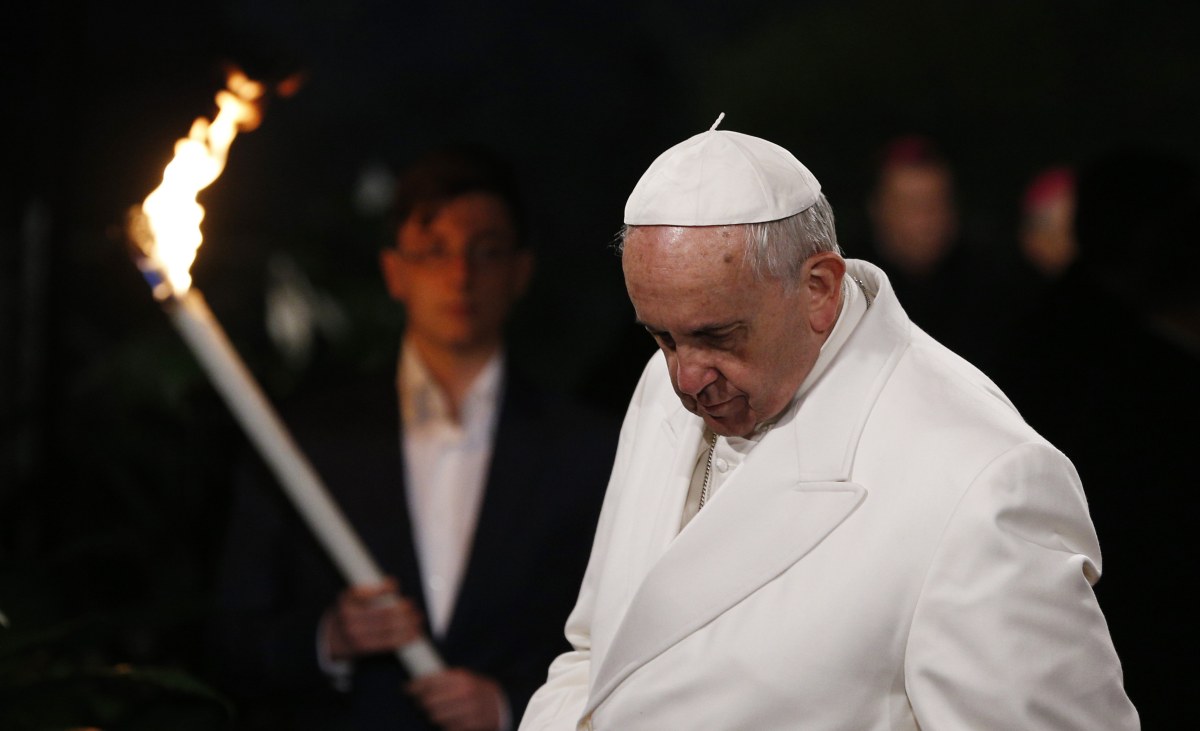
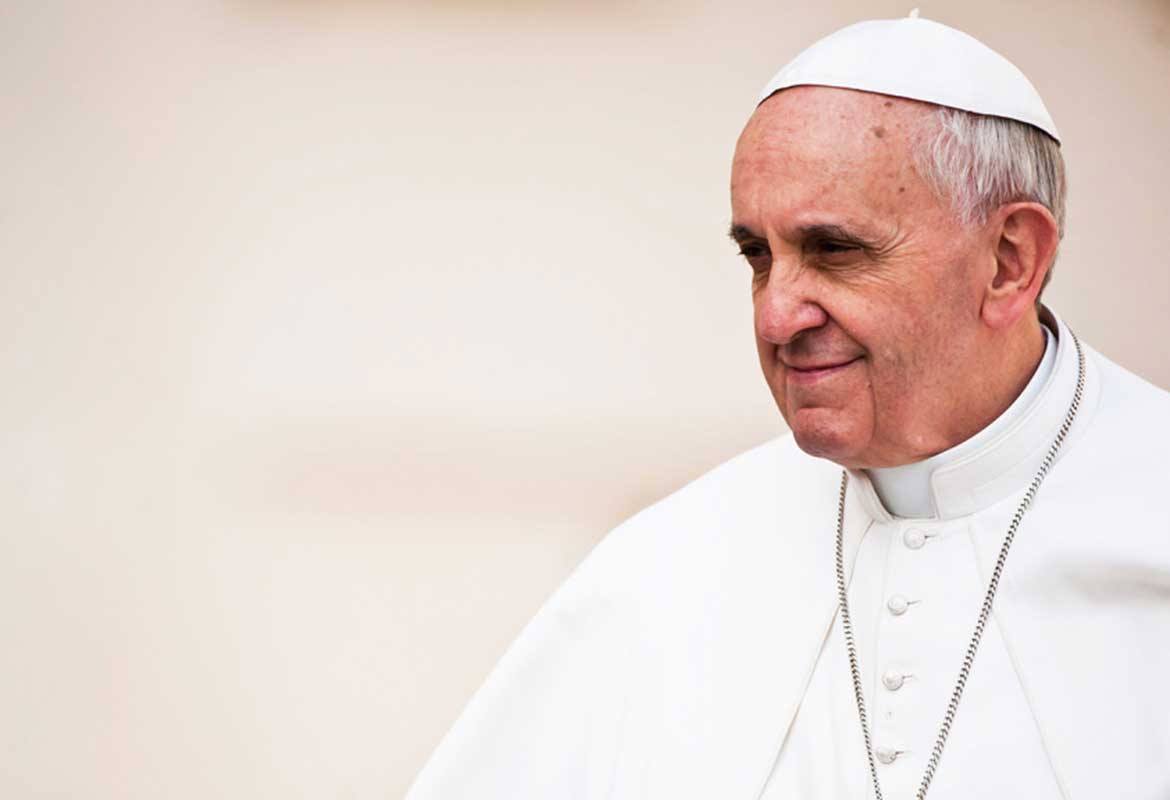
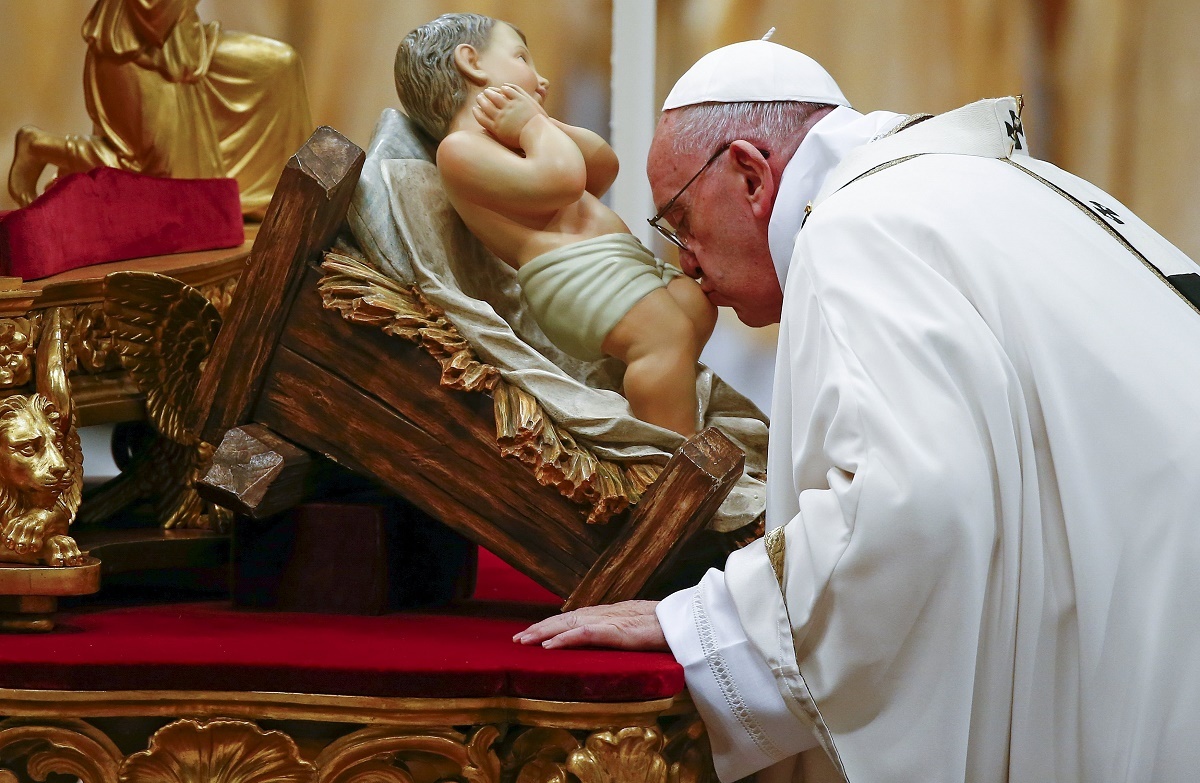
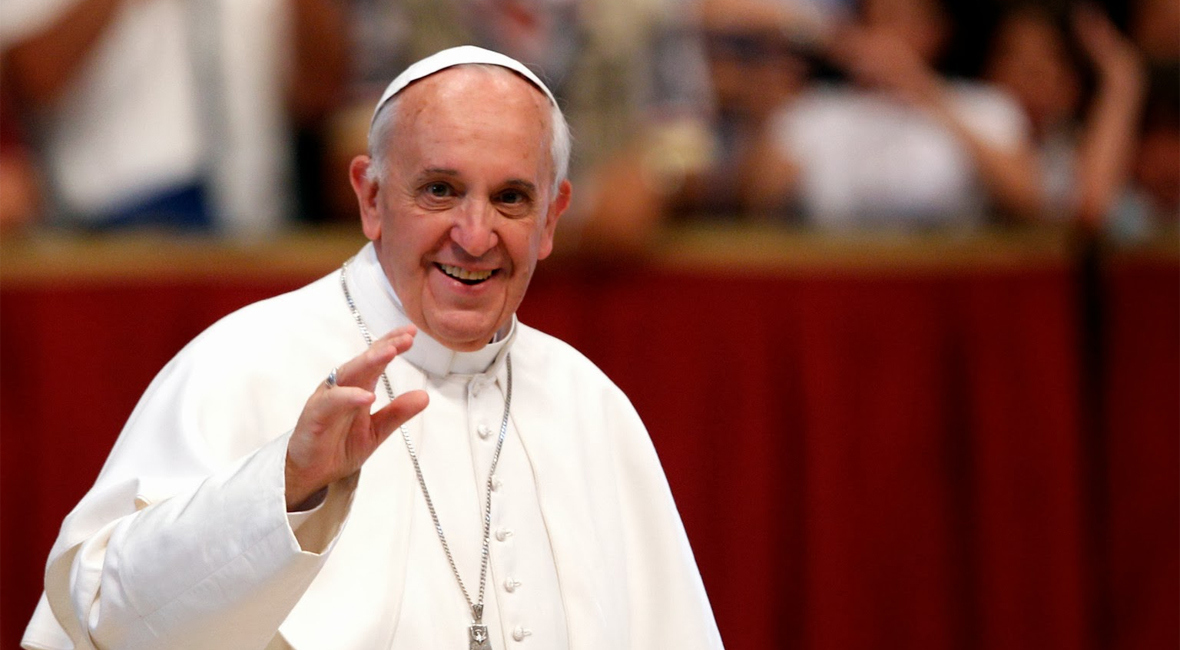


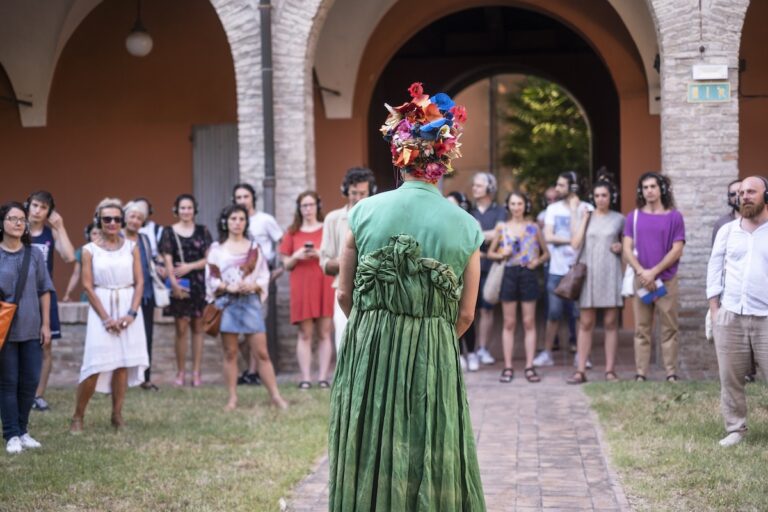
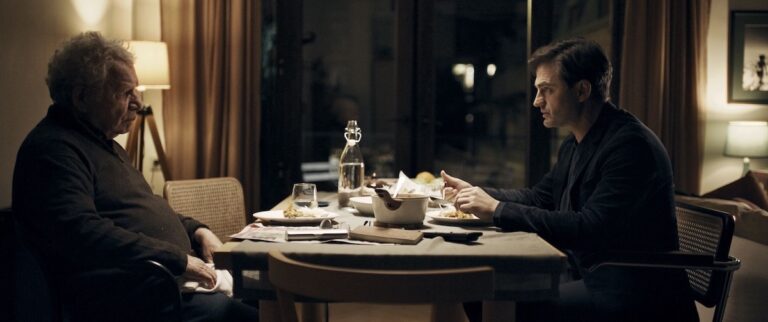


+ There are no comments
Add yours